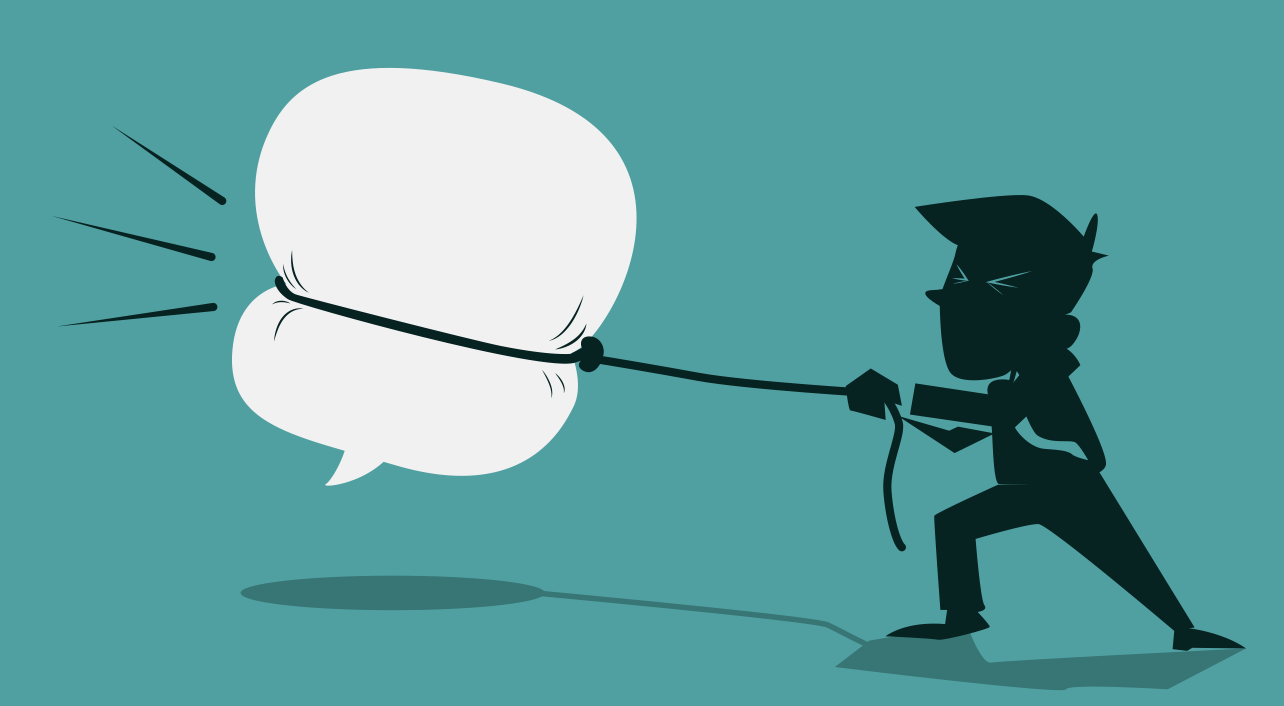- sales
- Blog post
Four magic words that disarm buyer resistance
In a busy shopping mall, a researcher posing as a panhandler approaches passersby, asking them for bus fare.
Most say no. A few say yes. But when the researcher adds a short phrase after his request, a remarkable thing happens: Twice as many people give him money.
What’s the magic that doubled the “yes” rate, magic that you can apply in your sales work? A phrase beginning with these four words: “But you are free…”
‘But you are free’
In the experiment we’ve described, the specific phrase the researcher added to his request for bus fare was: “But you are free to accept or refuse.” This experiment was the first one that looked at the power of “but you are free.” Since then, the technique has been verified in dozens of other experiments:
- In one, it increased donations to a tsunami relief fund.
- In another, potential donors were told that they were free to donate however much or little as they liked, and ended up giving more.
- When people on a busy street were told they were free to complete a survey or not, they were more likely to stop and fill it out.
These experiments found that other phrases with the same intent as “but you are free” — “Obviously, you are not obliged,” for example — were just as effective. What matters is recognizing the other person’s freedom to say no.
A sense of control
Now, there’s a caveat: The technique works only when the request is made personally, and the phrase is used at the time of the request. So adding the phrase to a written solicitation or in a follow-up message didn’t increase the odds of getting a yes.
That caveat reveals why the “but you are free” technique is effective. It affects how the person doing the asking is perceived. One study, for example, found that people who used this phrase were better liked than those who didn’t.
And that means there’s more to this technique than adding a few magic words to your close. It’s really about giving your buyer a greater sense of control.
Don’t bully your buyer
That’s an idea that runs counter to many traditional closing techniques, which are built on the idea of the salesperson controlling the conversation.
In the classic assumptive close, the seller acts as if the buyer has already decided to buy – with questions like “When would you like to take delivery?” – presumably with the idea of bending wishy-washy buyers to their will. In another, the “yes-set” close, the seller asks a series of leading questions designed to get a “yes.”
In the real world approaches like these often backfire. The more the seller tries to control the conversation, the more the buyer feels bullied.
When you use the “but you are free” technique, by contrast, you are simply acknowledging what you and the buyer know to be true: that the buyer is in control of the decision. No wonder buyers like these sellers better. They come across as less manipulative, more confident and more customer-focused.
Making it work
Let’s look at an example of the technique in action:
“Jerry, you’ve said you’re concerned about price increases down the road. If you go with our extended contract, I can guarantee your current pricing for three years. Of course, you’re free to say no.”
You haven’t really conceded anything. Jerry is free to say no whether you say so or not. But now he doesn’t feel pressured. You’re just presenting an idea that he might find useful. And if Jerry does say no, he knows you’re okay with that. So he’s willing to keep listening if you have any other ideas for him to consider.
The bottom line is that you have nothing to lose, and much to gain, by pointing out that buyers are free to choose. Acknowledge that freedom, and they’ll be more likely to choose you.
This blog entry is adapted from the Rapid Learning module “Closing: Set your buyers free.” If you’re a Rapid Learning customer, you can watch the video here. If you’re not, but would like to see this video (or any of our other programs), request a demo and we’ll get you access.
The blog post and Rapid Learning video module are based on the following research article: Guéguen, N. & Pascual, A. (2000) Evocation of freedom and compliance: the but you are free… technique. Current Research in Social Psychology 5(18), 264-270..


